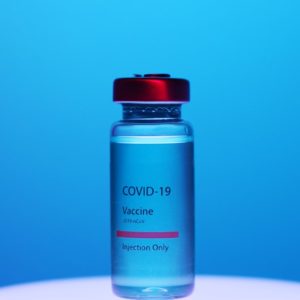SEASON 1:
The Health Equalities Programme: COVID-19 SCIENCE focus group study was organised as a 1:1 face-to-face workshop with a resident of the Royal Borough of Kensington and Chelsea to explore vaccine hesitancy. The questions raised over Covid-19 are an unsolved mystery with many concerns amongst resident prolific. We assess best practices for debunking Covid-19 myths during this podcast episode.
Skip to: 00:06 Speaking to residents of the Royal Borough of Kensington & Chelsea regarding vaccine uptake.
Initial studies indicated that the mums of the RBKC need solid evidence to fully trust Covid-19 vaccinations for their children. Only the right facts and figures can change their minds. The #HealthyRBKC programme found that with accessible research, facts, and a thorough evaluation of the long term effects of Covid-19 vaccinations when available, concerns around fertility and many other issues raised by the key target market may be addressed.
Skip to: 07:15 Factors influencing vaccine uptake.
Our focus study revealed that parents aren’t willing to vaccinate their children (specifically those under ten) because of a lack of credible information. Plus, how health practitioners convey the messages around vaccinations plays a vital role. For instance, the word “immunity” enjoys a more positive connotation as opposed to references to a “booster jab”. “The word on the street” set of rumours is also more accessible and seems more believable than actual facts because the correct information is not easily available in public forums.
Most RBKC residents were keen to take precautionary measures to tackle Covid-19 rather than opting for vaccines for children under 10 years’ old according to our research. Residents are also more willing to consider wearing a mask in public if another variant arises, avoiding large gatherings, and sanitising frequently.




